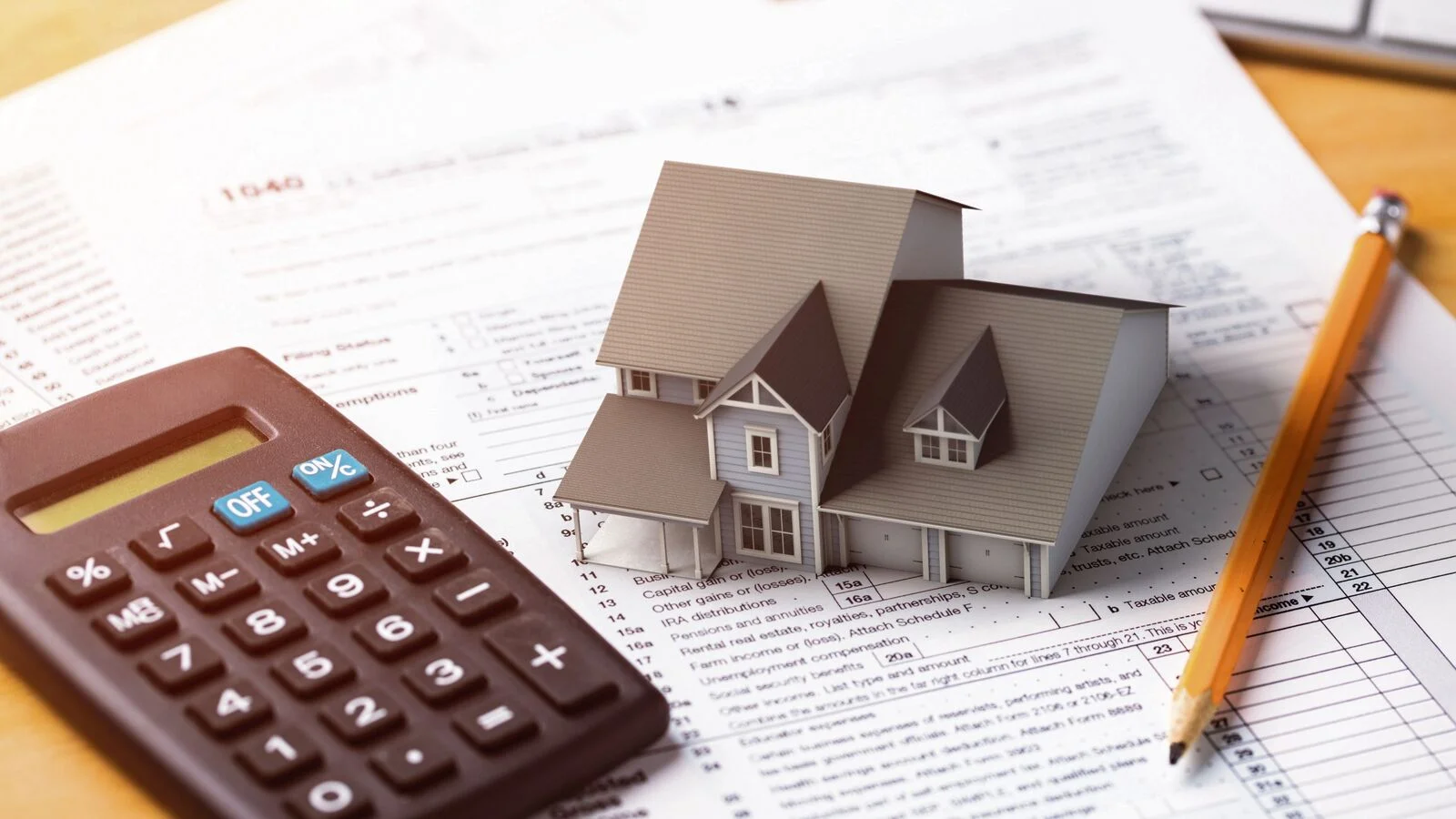
My paternal grandfather bought a residential plot in 1972 for ₹6 lakh in Delhi. He died in 1991 and the land was inherited by my father. My father built a house on the land in 1995 and gifted the house (and land on which it is built) to me in 2011. I sold the house in September 2023 for ₹5.5 crore. I have purchased a residential flat in Bengaluru this month for ₹3.5 crore. This is my first house purchase (barring the one I was gifted by my father). What is my capital gain tax liability? Can I get tax benefit under section 54F?
—Manuja Sindhu
The proceeds from the sale of your residential house in Delhi for ₹5.5 crore will be subject to taxation as long-term capital gains at a rate of 20%, with the benefit of indexation.
Given that the property was acquired before 2001, the cost of acquisition can be either the original cost of the property or its fair market value as of 1 April 2001, at the option of the taxpayer. Additionally, the fair market value on 1 April 2001 should not surpass the stamp duty value, if available, for the property on the same date. Professional property valuers can assist in determining both the fair market value and stamp duty value needed for calculating the capital gain. The cost of improvement encompasses all capital expenditures incurred for additions or alterations to the capital asset on or after 1 April 2001, whether undertaken by your father or yourself.
To avail exemptions, it’s crucial to understand that the provisions of Section 54 of the Income Tax Act (ITA) are applicable in your case, not Section 54F of the ITA. To be eligible for benefits under Section 54, the following conditions generally need to be met:
The property sold must be a residential property.
The capital gains from the sale of the residential property must be invested in the purchase or construction of another residential property in India.
The new property should be purchased either one year before the sale or two years after the sale of the original property.
If constructing a new residential property, it should be completed within three years from the date of the sale of the original property.
The taxpayer should not own more than one residential house, in addition to the new property being purchased or constructed.
Given that this is your first purchase and all the mentioned conditions are met, you are eligible to claim an exemption under Section 54 of the ITA. Once the capital gain is calculated, you can invest the sale proceeds in the residential flat in Bengaluru. If the entire capital gain amount is invested in the new property, you may qualify for a complete exemption from capital gains tax.
However, it’s important to be aware that there are restrictions on the new property acquired using the capital gains. Specifically, it cannot be sold within three years from the date of acquisition.
Selling the new property within these three years will result in the revocation of the earlier claimed capital gains tax exemption.
Neeraj Agarwala is partner at Nangia Andersen India.
Unlock a world of Benefits! From insightful newsletters to real-time stock tracking, breaking news and a personalized newsfeed – it’s all here, just a click away! Login Now!
Download The Mint News App to get Daily Market Updates.
More
Less
Published: 18 Feb 2024, 09:37 PM IST









